#California
Junkyard Find: 2003 Honda Civic GX, CNG-fueled
State EV Rebates on Hiatus in California (Unless You're Poor)
California wants to fund more generous rebates for electric vehicle buyers as part of a massive agenda to support the adoption of zero-emission vehicles. In addition to federal incentives, the state has its own rebate program and has made plans to add additional state-sponsored tax breaks for EV buyers.
However, according to the Center for Sustainable Energy, California’s Clean Vehicle Rebate program has almost run out of funding — for a second time — after Governor Jerry Brown neglected to include it in the state budget.
As a result, the program can no longer offer rebates to purchasers of zero-emission vehicles and has placed those who made a purchase after June 30th on a refund waiting list. It’s bad news for anyone in California who wanted to by an electric car. Well, unless you’re poor, because the State of California really wants to convince low-income households to buy electric for some reason.
California Considering Making Electric Cars Cheaper at the Dealership
Federal tax credits for electric vehicles won’t last forever, especially under the Trump administration. While it’s difficult to quantify exactly how many people saw the $7,500 rebate as the deciding factor to “go green,” there is little doubt that it factored into the final purchasing choice of some buyers.
California has made the promotion of zero-emission vehicles a matter of great concern. With General Motors, Nissan, and Tesla all gradually approaching the 200,000-unit quota for vehicles eligible for the tax rebate, the state doesn’t want to see buyers lose purchasing incentives prematurely. With that, California is considering a bill that would provide discounts to EV shoppers at the time of purchase, essentially reducing the sticker price before the car even leaves the lot.
California Demands VW Build Electric Charging Stations in Poor Neighborhoods
As part of its emissions cheating penance, Volkswagen AG previously agreed to support clean vehicles by injecting a juicy $2 billion into green initiatives in the United States. A whopping $800 million of that sum was reserved for California. On Thursday, state legislators pressed the automaker to spend electric charging infrastructure funds in low-income areas, passing a bill included in a budget package supported by Governor Jerry Brown.
The reasoning behind forcing VW to install more charging stations in disadvantaged communities is twofold. First, and most obviously, is the fact that poorer neighborhoods typically don’t receive the same level of infrastructure advancement as affluent or high traffic areas. In fact, they’re probably the last place the state would bother installing EV charging stations. Secondly, it’s a good way to keep this punishment from becoming a business opportunity.
Criticism arose when rival automakers realized Volkswagen’s charging network could become profitable and give it an early advantage in a competitive new market, especially if it could handpick the sites.
EV Sales Surge in California After Chevrolet Bolt Introduction; Hybrids Take a Dive
If the automotive market were a foot, electric vehicles would be the curled-up toe on the outside edge. It doesn’t take up a lot of space, you’re not entirely sure what it’s there for, and some people think it’s weird. Still, it clearly has a purpose to serve and it’s hard to imagine the foot without it. There’s potential in that digit.
Strong Chevrolet Bolt deliveries in California pushed up the state’s EV sales by 91 percent in the first quarter of this year. It may still account for only 2.7 percent of the Golden State’s new vehicles, but it’s still more than many of us expected to see this soon. Sales of the more-affordable, longer-ranged EV seem to suggest the market might begin to gobble up plug-ins as more affordable models with superior range continue to arrive.
Junkyard Find: 1977 Ford Ranchero GT Brougham
Since we haven’t seen a Ford product in this series since this Fox Granada four months ago, and we just saw three GM cars in succession, I decided this week would be the turn of a once-plush Ranchero GT Brougham, now fallen on hard times in a San Jose self-service wrecking yard.
Junkyard Find: 1974 Cadillac Fleetwood Sixty Special Brougham
1974 was a rough year to be an American, but the Cadillac Division wasn’t about to give up on selling opulent two-and-a-half-ton highway dreadnaughts to the plutocracy ( that came later).
Here’s a well-banged-up Fleetwood Sixty Special Brougham, spotted in a San Francisco Bay Area self-service wrecking yard last month.
Junkyard Find: 1985 Mitsubishi Galant
The first non-Chrysler-badged Mitsubishis arrived in the United States for the 1983 model year, in the form of the Cordia, Tredia, and Starion. They weren’t enormous sellers, but they made the Mitsubishi name a bit more familiar to American car shoppers. For 1985, Mitsubishi USA brought over the fifth-generation Galant, hoping to steal some sales from the extremely popular Honda Accord. Galant sales were not brisk, to put it mildly, and so I found it noteworthy when I spotted this first-year-of-importation Galant in a San Francisco Bay Area wrecking yard.
California Maintains Obama-era Emissions Rules in Affront to Trump's EPA
California has green-lit light-vehicle pollution targets that the Trump administration has placed under review. As expected, t he Golden State is going to continue playing hardball over Environmental Protection Agency regulations.
Already critical of the automotive industry for asking the president to reconsider federal guidelines through 2025, the California Air Resources Board hinted that it wouldn’t stray from the emission targets set by the Obama administration in 2012. On Friday, CARB finalized its state emissions rules while setting an updated ordinance on zero-emission vehicles. “We’re going to press on,” said Mary Nichols, head of the board, during last week’s press conference.
Junkyard Find: 1987 Plymouth Caravelle Turbo SE Sedan
As recently as five years ago, you could get a good sense of the width and height of the Chrysler K-Car family tree by just walking the rows of a big American self-service wrecking yard. You would see at least one early Aries or Reliant and probably a few late-K-family New Yorkers or Acclaim/Spirits. Not any more. The Crusher has eaten and digested most of the K Family, so I felt that this rare Plymouth Caravelle sighting in a San Francisco Bay Area yard was noteworthy.
Toyota Is De-Volkswagenifying the Air in California
Toyota is teaming up with Clear Channel Outdoor Americas to help clean California’s air with a billboard advertising its hydrogen-powered Mirai fuel cell sedan.
From April 3 to May 28, a total of 37 billboards in Los Angeles and San Francisco will filter smoggy air, thanks to the titanium dioxide-coated vinyl used in the sign.
While Toyota missed an opportunity to explicitly rub salt in a certain rival’s wounds, this is nonetheless a pleasant change of scenery in the automotive world, especially considering all of the Volkswagen emissions scandals of the past couple of years.
Junkyard Find: 1967 Chevrolet P20 Adventure Line Motorhome
Back in the 1960s and 1970s, quite a few Midwestern RV manufacturers would take new Chevrolet Step-Vans and build them into motorhomes. Most spent productive decades ferrying retirees between Michigan and Florida, then settled into long-term retirement in driveways and dirt lots, serving as homes for many generations of raccoons, possums, and wasps.
Here’s a Kansas-built P20-series RV in the San Francisco Bay Area, giving up some of its components while awaiting the cold steel jaws of The Crusher.
As Tesla Plant Shows Early Signs of Unionizing, Musk and UAW Trade Blows
Some employees at Tesla Inc.’s Fremont, California factory have been moving ahead with efforts to unionize. Fronting that campaign is Jose Moran, who claims to have worked at the plant for the last four years. He and other disgruntled Tesla employees have reached out to the United Automobile Workers, claiming they work long hours for low pay under unsafe conditions as the company pursues aggressive production deadlines.
While Tesla’s CEO has responded with his own claim that Moran was paid by the UAW to join his company and proselytize for a union, the organization promptly refuted that suggestion by accusing Tesla of spreading dreaded “fake news.”
Los Angeles is Attempting to Fix Its Homeless Car Parking Problem
Homelessness is an issue in all major cities across the U.S., but it’s particularly acute in large ones fortunate enough to have a pleasant climate year-round. Los Angeles has both of these attributes, and that means there’s quite a large homeless population. A recent article from the LA Times caught my eye.
With over 6,000 homeless people sleeping in their cars every night, the city is enacting a new ordinance to give them somewhere to (legally) park.
Washington D.C. and California Square Off for Years of BS
President-elect Donald Trump’s pick to head the Environmental Protection Agency, Oklahoma Attorney General Scott Pruitt, said he plans to review the Obama administration’s recent decision to secure fuel efficiency standards through 2025.
Last week, outgoing EPA administrator Gina McCarthy bumped up the timeline for the final determination on the fuel efficiency rule in the hopes of maintaining the Obama administration’s climate legacy.
“It merits review and I would review that,” Pruitt said at yesterday’s Senate confirmation hearing. Later that same day, Pruitt confirmed that he would not permit California to continue operating under its own rules as part of its 2009 advanced clean cars program and zero emission vehicle mandates.
As predicted, California isn’t interested in being told what to do.




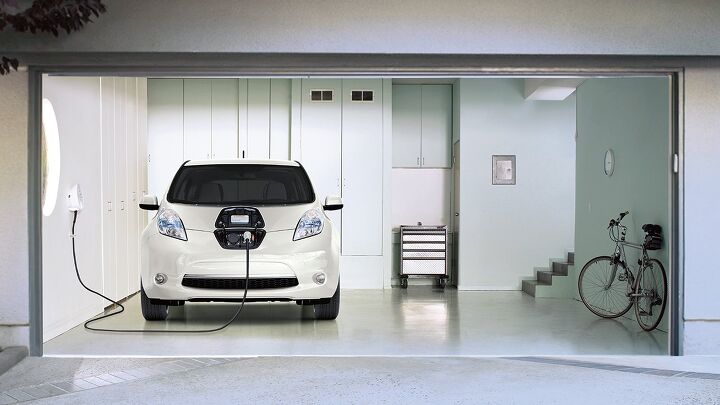
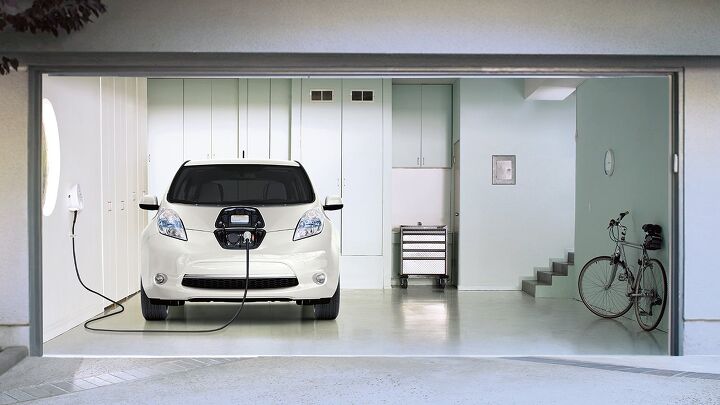

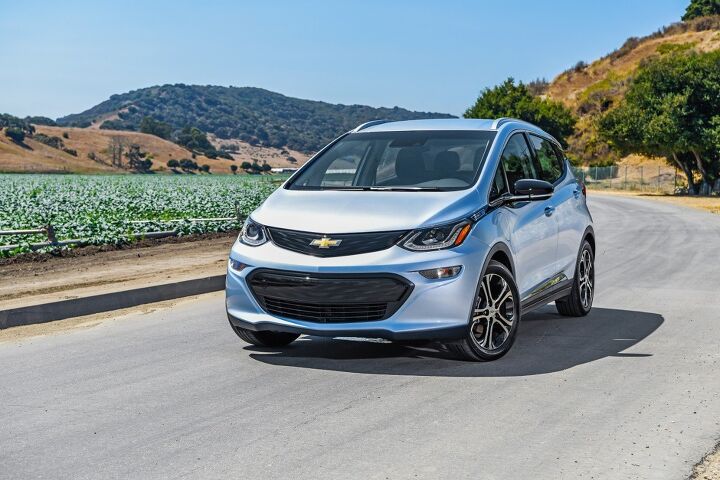

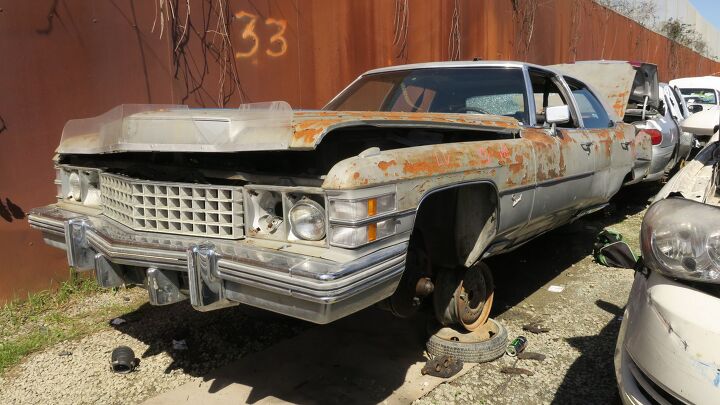
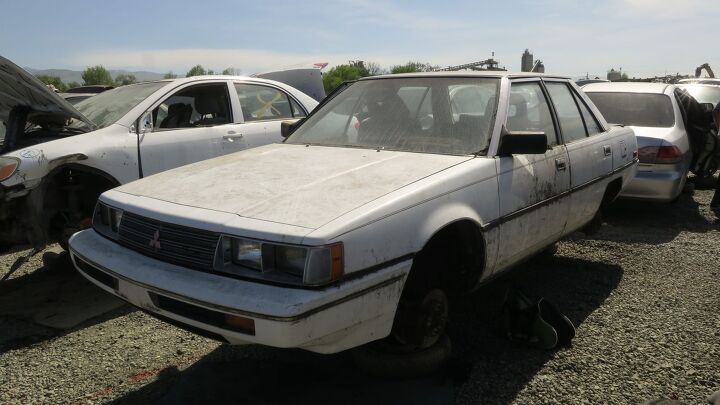
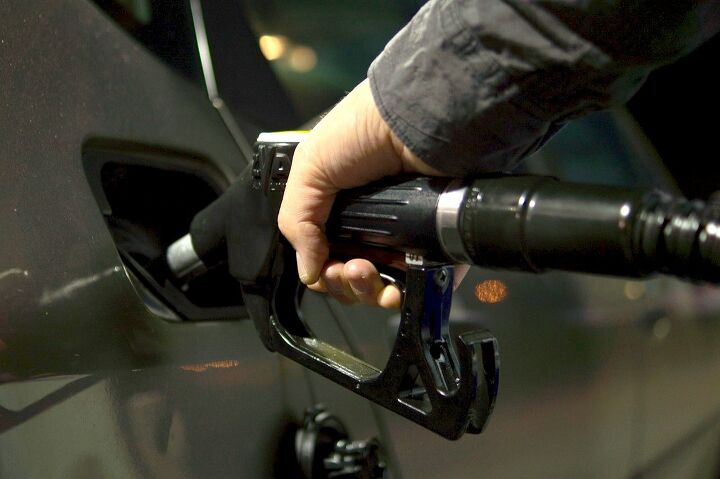
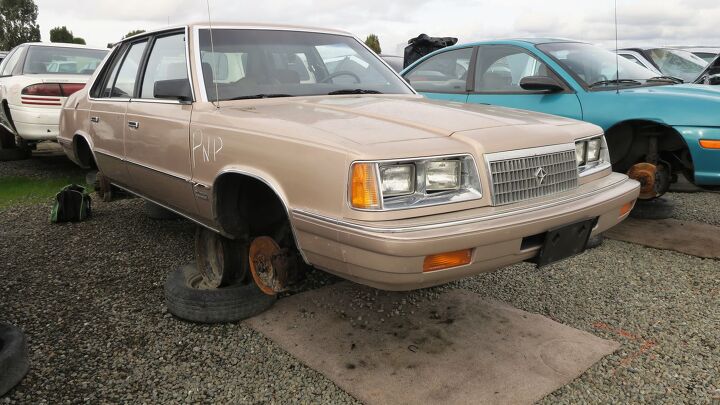
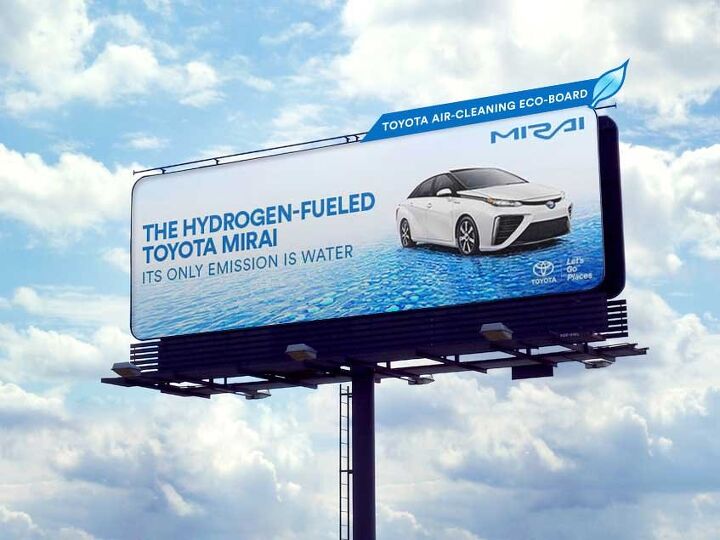
















Recent Comments